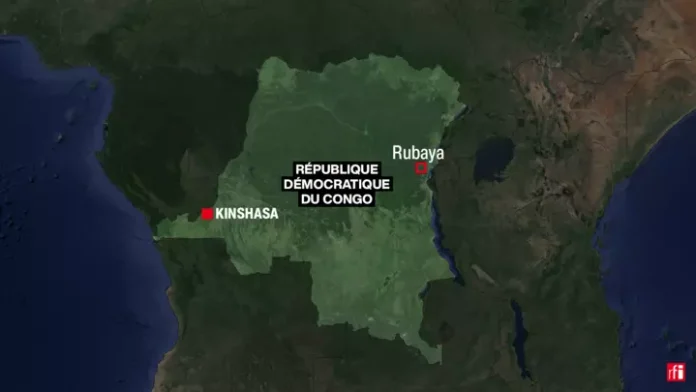Politics
The deep roots of chaos in the east of the DRC

Deep in the vast forests of the eastern DRC, a report by ‘Never Again’ sheds light on the darkness of the instability and insecurity that reign there.
This detailed report, the fruit of rigorous analysis, reveals the deep-seated and structural causes of this incessant chaos, which is well-known to local and international players.
In November 2022, talks with the then-newly elected President Tshisekedi broke down. The resurgence of the M23 was merely the prelude to a dramatic escalation in violence, leading to massive population displacements without any resolution to the underlying problems.
Despite the government’s titanic efforts to strengthen the DRC Armed Forces (FARDC) through alliances with the FDRL, the recruitment of Western mercenaries, and military agreements with neighboring countries such as Burundi and certain SADC nations (South Africa, Malawi, Tanzania), conclusive results are sorely needed.
In Ituri, the Codeco, allies of the central government, are stepping up their persecution of the Hema. At the same time, the ADF continues to enjoy the support of local leaders, some of whom have even risen to ministerial positions.
Joel Kitenge, the UDPS communicator, regularly denounces the involvement of certain ministers in this chaos, accusing Muhindo Nzanghi, Julien Paluku, and Mbussa Nyamwissi of maintaining armed groups and private militias.
The report highlights a sinister aspect of this multifaceted crisis: the propagation and feeding of a discourse of hatred by the Congolese government, specifically targeting the Tutsi community by systematically equating them with the M23.
This systematization of hatred is claiming many victims within the Tutsi community, including among the declared opponents of the M23.
The illegal exploitation of minerals, poaching, and deforestation fuel the motivation of the various armed groups and their leaders, led by the FDLR.
The proliferation of weapons among civilians is exacerbating insecurity, painting a disastrous humanitarian picture.
In 2023 alone, there will be 7.2 million internally displaced people and more than a million refugees in neighboring countries. The ‘Never Again’ report calls for sustained political will to analyze and resolve the root causes of this recurring instability and insecurity.
There is no shortage of solutions. As a priority, the protection of civilians must be strengthened by institutional mechanisms to combat impunity. In-depth reform of the security sector and the introduction of a demobilization and reintegration program for armed groups are essential.
An inclusive dialogue is imperative to analyze the real causes and propose lasting solutions. Massive investment in infrastructure and access to necessities is crucial in the fight against insecurity. Regulating the mining sector to cut off resources from predators and dry up criminal networks is another priority. The report also insists on strengthening regional diplomacy to ease tensions between states.
It calls for the strengthening of local mediation capacities, involving civil society players and customary authorities. The responsibility for restoring peace and stability in the DRC lies not only with the government but also with all social forces.








